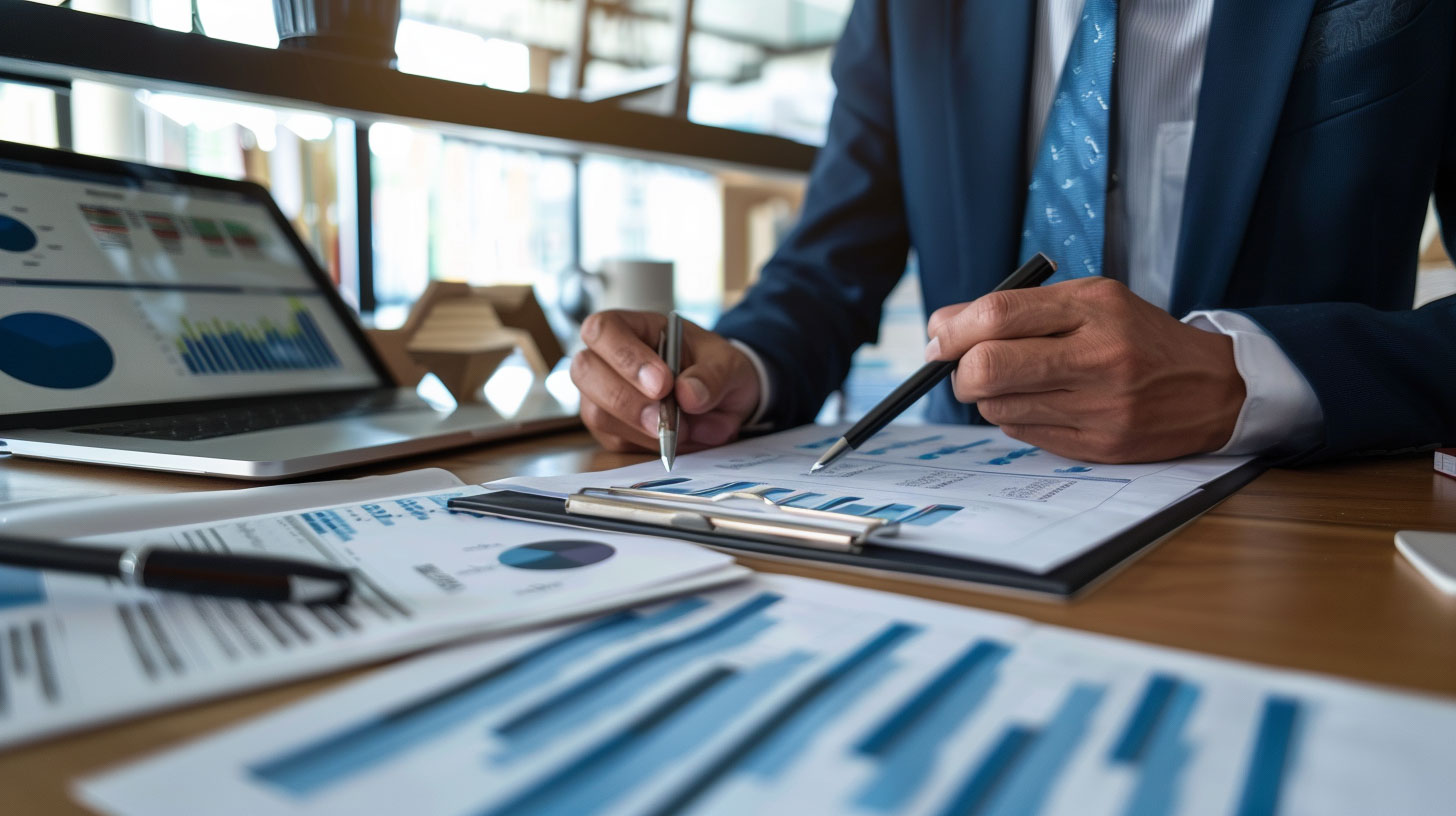The story of Iraq’s post-war period is one marked by a complex tapestry of challenges and opportunities. Following decades of conflict and instability, the nation’s path to economic growth has been turbulent. However, the resilience of its people and the country’s abundant natural resources present a substantial potential for economic rejuvenation.
The Historical Context
Iraq’s modern history has been marred by wars, sanctions, and internal strife. The Gulf War in the early 1990s, followed by severe international sanctions, crippled the Iraqi economy. The 2003 U.S.-led invasion further deepened the crisis, leading to years of insurgency and sectarian violence. Despite these adversities, Iraq’s rich cultural heritage and significant natural resources, primarily oil, have kept hopes of economic recovery alive.
The Oil Industry: A Double-Edged Sword
Iraq is home to some of the largest oil reserves in the world, making the oil sector a crucial pillar of its economy. The oil industry accounts for over 90% of government revenue and 80% of foreign exchange earnings. While this dependence on oil has led to substantial revenues, it has also made the economy susceptible to global oil price volatility. Periods of low oil prices have underscored the need for diversification to ensure sustainable economic growth.
Infrastructure and Rebuilding Efforts
Infrastructure development is a critical component of Iraq’s economic recovery. Years of conflict have left much of the country’s infrastructure in ruins. Rebuilding efforts, funded by both internal resources and international aid, have focused on revitalizing essential services such as electricity, water supply, and transportation. However, the pace of reconstruction has been hampered by bureaucratic inefficiencies and corruption.
Private Sector Development
A key to Iraq’s economic revival lies in nurturing its private sector. Historically, Iraq’s economy has been heavily state-controlled. This has resulted in a lack of competitive business environment. Recent reforms aimed at encouraging private sector growth include the simplification of business registration processes and the introduction of new investment laws. These measures are designed to attract foreign direct investment and foster entrepreneurship among Iraqis.
Agriculture: An Untapped Potential
Agriculture is another sector with significant potential in Iraq’s economic landscape. The fertile plains of Mesopotamia, often referred to as the “Cradle of Civilization,” have the capability to support robust agricultural productivity. However, decades of neglect and conflict have left the sector underperforming. Modernizing agricultural practices and investing in irrigation infrastructure could transform Iraq into a key player in the regional agrarian market.
Challenges to Economic Growth
Despite the enormous potential, several challenges impede Iraq’s economic growth. Political instability remains a significant obstacle. Frequent changes in government, coupled with internal divisions, have resulted in policy inconsistencies. Furthermore, corruption remains deeply entrenched in various sectors, undermining trust in the economic system and deterring potential investors.
Security is another pressing issue. While the threat from groups like ISIS has diminished, sporadic violence and ongoing political tensions still pose risks to stability. Ensuring long-term security is essential for economic confidence and sustained growth.
Opportunities for Growth
Despite these challenges, there are numerous opportunities to foster economic growth in Iraq. The strategic geographic location of the country offers immense potential for trade and logistics. With proper investment in infrastructure, Iraq could become a critical transit hub for goods flowing between Europe, Asia, and the Middle East.
Education and human capital development are also areas ripe for investment. Equipping the young and growing population with skills relevant to the current job market could drive innovation and economic diversification.
Moreover, international partnerships and aid can play a pivotal role. Collaborative efforts with global entities can bring in the much-needed expertise and financial resources to bolster various sectors of the economy.
Looking Forward
Economic growth in post-war Iraq is a multifaceted challenge, requiring a concerted effort from both the government and the international community. By addressing the existing challenges and harnessing available opportunities, Iraq has the potential to transform its economy. Economic diversification, private sector development, infrastructure investment, and the modernization of agriculture stand out as pivotal areas for focus.
In the end, the resilience and willpower of the Iraqi people, coupled with the nation’s rich resources, offer hope for a more prosperous and stable future.
Suggested related links about Economic Growth in Post-War Iraq: Challenges and Opportunities
1. World Bank
2. International Monetary Fund
3. United Nations
4. United Nations Development Programme
5. OECD
6. Brookings Institution
7. Chatham House
8. Central Intelligence Agency
9. Center for Strategic and International Studies
10. RAND Corporation
Additional helpful resources
1. Bloomberg
2. Financial Times
3. The Economist
4. Al Jazeera
